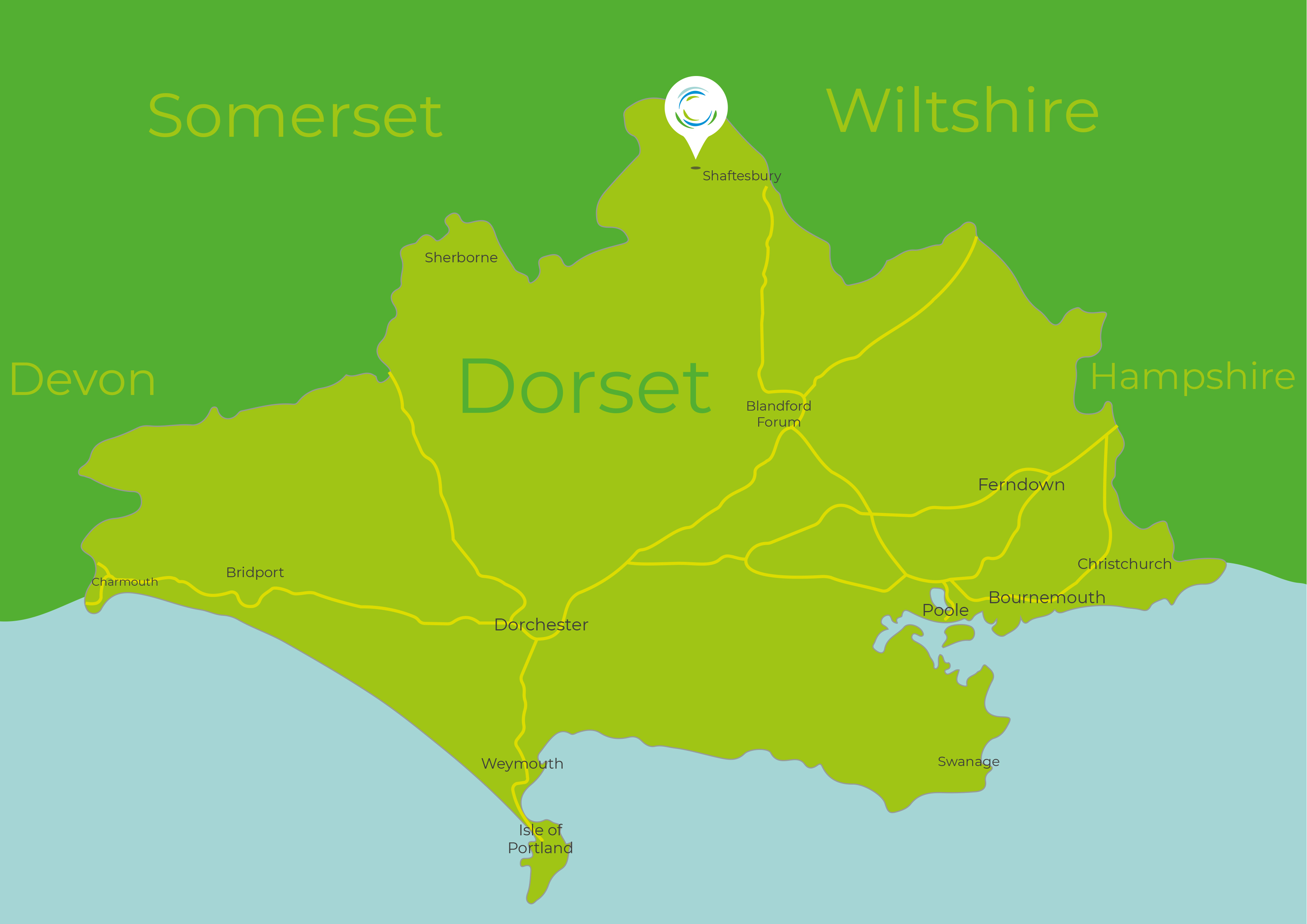South West Packaging – Biomass Heating Project

Project cost: £79,469
Estimated Savings: 72.2 tonnes of CO2 per year / £14K per year*
*This saving was calculated by comparing to annual costs of an electric heating system, and takes into account RHI payments (DM to confirm)
Grant: £29,667.60
Equipment / Installer: Biomass Heater system with fuel store and buffer tank (bioheat), two fast-roller loading/unloading doors (supplier) – DM to confirm
The project: South West Packaging (SWP) is a family owned corrugated packaging manufacturer, based in North Dorset. With only 8 basic electric heaters, and extensive heat loss, the heating system and thermal efficiency of their factory and offices were in desperate need of upgrading.
In a bid to make their work place more comfortable, improve quality of storage, and reduce energy consumption, SWP installed a biomass heating system, and two fast-roller loading/unloading doors to minimise heat loss.
Getting started: After making the decision to explore the possibilities of a renewable energy heat source, SWP applied to Low Carbon Dorset for help to bring their project to life.
An initial energy report from Low Carbon Dorset provided SWP with a list of recommended measures that could help reduce their energy bills, improve their workspace and cut down on emissions. The report was packed with technical specifications, estimated return-on-investments, info on government subsidies and potential carbon savings.
Armed with this report SWP then set about prioritising which measures they wanted to install. A grant was available from Low Carbon Dorset to cover 40% of the project cost.
Biomass Heating System: A 90-kw wood pellet boiler was installed in the main factory. Existing electric radiators were replaced with a blown air system using heat provided by the biomass. Additional radiators were positioned in the offices, and canteen area to utilise the heat provided.
A buffer tank and pellet hopper were also installed on the premises. This required the construction a concrete slab and internal building to accommodate this.
Fast-roller loading/unloading doors: Two loading/unloading bay doors (previously left open during operating hours) were replaced with quick up and down insulated doors to ensure heat retention in the building.
Other recommendations: With an extensive, and reasonably constant electricity demand and a large, unshaded, south-facing roof, solar PV was identified as an excellent fit for SWP. Due to budget constraints, and the company’s immediate requirement for heating they decided not to proceed with this recommendation. The opportunity for SWP to apply for a further grant from Low Carbon Dorset to carry out this recommendation will be available for the remaining duration of the programme.
- Date January 4, 2019
- Tags













